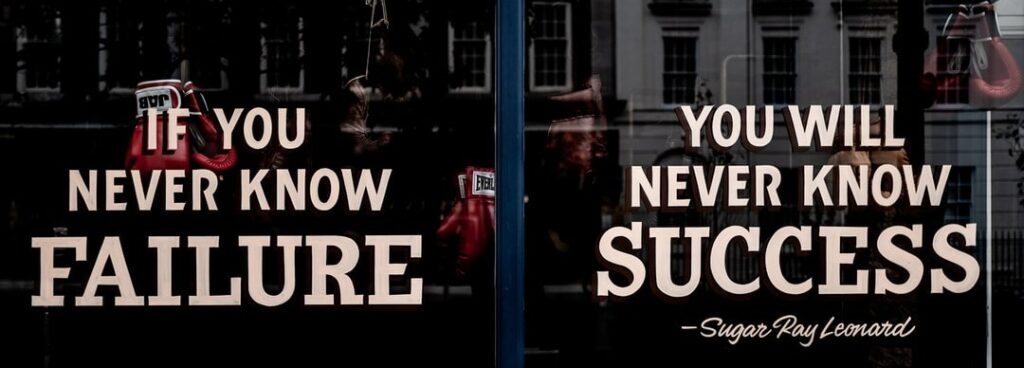
Failure is not an Option...it's a necessity
by Sherri Lojzer May 20, 2022, 11:24 AM
As a kid growing up, there are so many expectations that we are taught to constantly meet. From an early age there is black and white thinking that there is right and wrong way to do everything. We enter school and are graded based on the expected right and wrong, or failed on the wrong way of doing everything. Rigid rules about what clothes go together with which shoes and what is considered appropriate at what age or what event or in whose company. But children are born with a natural curiosity and so it takes time to learn all these rules and expectations.
Enter the ADHD brain the one wired just a bit differently. The one wired for hyper vigilance and for constant action. The one who can take greater risks without the same fear of consequences and the one that will try harder and try more things to uncover the rewards. The one that is very quick to recognize big pictures and patterns that shed light on things in an innovative way.
Without our capacity to adapt to our environment, our species would have died out just like the dinosaurs. Without the risk taking and innovation we would still live in caves and not have the ability to speak languages, tell stories, share knowledge, and encourage those we love. Without the unfettered curiosity of our ancestors in the innovative experiments and learning we have embarked on through hundreds of thousands of years we would not have penicillin, peanut butter, Pokémon Go or the CN Tower.
Every one of these things required acceptance of failure as an opportunity to try something else not of defeat. Unfortunately, for children and adults with ADHD, this is rarely the reactions or responses from parents, teachers, leaders, or business colleagues. We have created “civilizations” with such structured and rigid sets of expectations and rules in the past several thousand years that these traits are treated negatively, and this ultimately is what creates the coinciding mental health issues that often develop for about 80% of those with ADHD. ADHD is a varying set of neurobiological differences in the way the brain forms. Just like the fact that I have green eyes and you may have blue, certain areas of the brain can be different.
So please the next time you judge something, or someone as having failed, being weird, pushing boundaries, following their curiosity in a way that you never would have, try being thankful that you were not the one responsible for the discovery of fire. And know that those traits in an ADHD person or anyone for that matter neurodivergent or not, should be nurtured and celebrated and given room to shine rather than controlled, stifled and marked as a failure.
